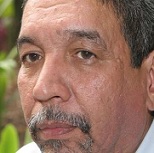 La geografía de Ucrania y el curso de la historia continental la ha convertido en la puerta principal entre Europa y Rusia, que terminó ubicándola muy lejos de Dios y tan cerca de las fauces del Kremlin, vecindad que la ha condenado a vivir un martirio tan solo por pretender existir como nación libre bajo el precepto de instituciones democráticas y soberanas.
La geografía de Ucrania y el curso de la historia continental la ha convertido en la puerta principal entre Europa y Rusia, que terminó ubicándola muy lejos de Dios y tan cerca de las fauces del Kremlin, vecindad que la ha condenado a vivir un martirio tan solo por pretender existir como nación libre bajo el precepto de instituciones democráticas y soberanas.
En efecto tras un breve periodo de independencia (1918-1920), se incorporó a la Unión Soviética como la República Socialista Soviética de Ucrania en 1921. Para luego de 70 años en 1991, Ucrania obtiene su independencia definitiva tras la disolución de la URSS, enfrentando desde entonces desafíos de soberanía, incluyendo la anexión rusa de Crimea en 2014 y la invasión a gran escala iniciada en 2022.
Esta nación ha sido una tierra fértil de insignes políticos, artistas, músicos con un legado a nivel universal, entre sus políticos destacan en el siglo XX León Trotsky, Golda Meir, en el siglo XXI su figura primordial el actual presidente Volodimir Zelenski, por la vena literaria resaltan Nicolás Gógol y Svetlana Alexievich, y en el campo musical los compositores Igor Stravinsky y Sergei Prokofiev, citamos a algunos entre tantos ucranianos que han dado su aporte al legado civilizatorio universal.
Hoy a escasos días de cumplirse el próximo 22 de febrero 2026 los cuatro años de la invasión rusa asume su legado, con la defensa de su identidad nacional enfrentando la mas salvaje agresión que haya conocido país alguno en Europa desde la Segunda Guerra Mundial (1945), por la dimensión de los ejércitos involucrados y el armamento utilizado en un conflicto artificial generado solo por las pretensiones del Stalin del siglo XXI, Vladimir Putin, de reconstruir la influencia de la extinta URSS.
- Hits: 27
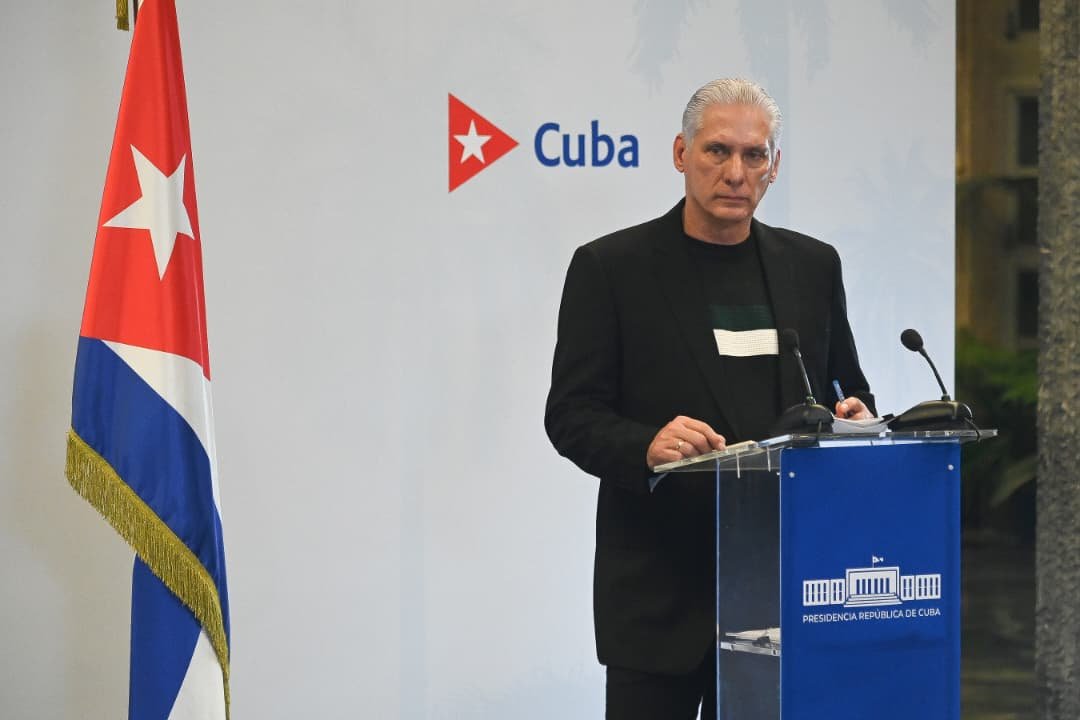 La rueda de prensa de Díaz Canel del pasado jueves 4 de febrero ha dado mucho que hablar. En casi dos horas, el dirigente comunista cubano mostró, una vez más, lo alejado que se encuentra de la realidad, tratando de interpretar un papel en la “opera bufa” en que se ha convertido el régimen castrista, que probablemente acabará mal, muy mal.
La rueda de prensa de Díaz Canel del pasado jueves 4 de febrero ha dado mucho que hablar. En casi dos horas, el dirigente comunista cubano mostró, una vez más, lo alejado que se encuentra de la realidad, tratando de interpretar un papel en la “opera bufa” en que se ha convertido el régimen castrista, que probablemente acabará mal, muy mal.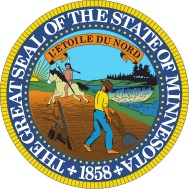
 What Americans are witnessing—large-scale welfare and child care fraud, weak enforcement, political paralysis, and rising public anger—is not random. It is the predictable downstream result of decades of policies made by people who would never have to live with the consequences and who faced few personal costs for getting it wrong.
What Americans are witnessing—large-scale welfare and child care fraud, weak enforcement, political paralysis, and rising public anger—is not random. It is the predictable downstream result of decades of policies made by people who would never have to live with the consequences and who faced few personal costs for getting it wrong.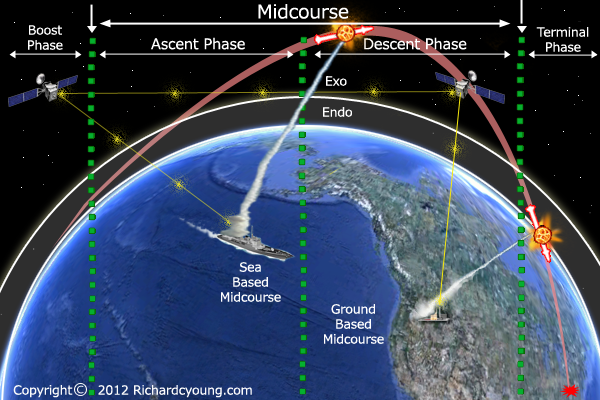
 El ethos es el conjunto de rasgos y comportamientos relacionados con el carácter o identidad de un individuo o grupo. La Real Academia Española (RAE) lo define, entre otras cosas, como “costumbre, hábito; modos de ser, pensar o sentir; o como conducta, carácter, temperamento y moral”. El ethos es la clave para entender la ética y la moral individual o colectiva.
El ethos es el conjunto de rasgos y comportamientos relacionados con el carácter o identidad de un individuo o grupo. La Real Academia Española (RAE) lo define, entre otras cosas, como “costumbre, hábito; modos de ser, pensar o sentir; o como conducta, carácter, temperamento y moral”. El ethos es la clave para entender la ética y la moral individual o colectiva.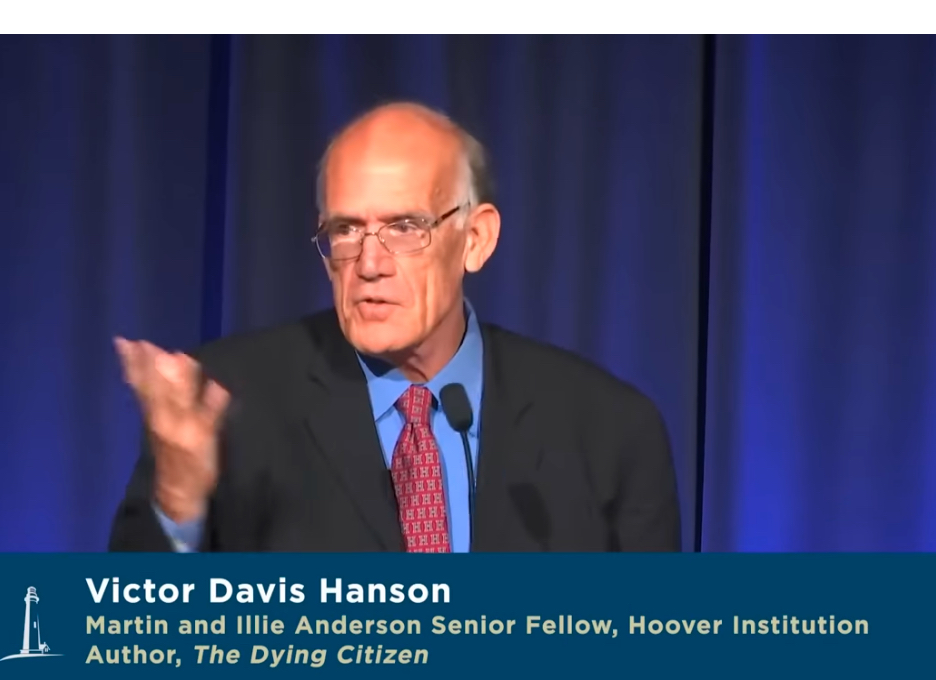 Víctor Davis Hanson, inició su enseñanza de la historia clásica con un curso de introducción a las Humanidades en la Universidad Estatal de California en 1984. Sus modelos eran La Ilíada y
Víctor Davis Hanson, inició su enseñanza de la historia clásica con un curso de introducción a las Humanidades en la Universidad Estatal de California en 1984. Sus modelos eran La Ilíada y